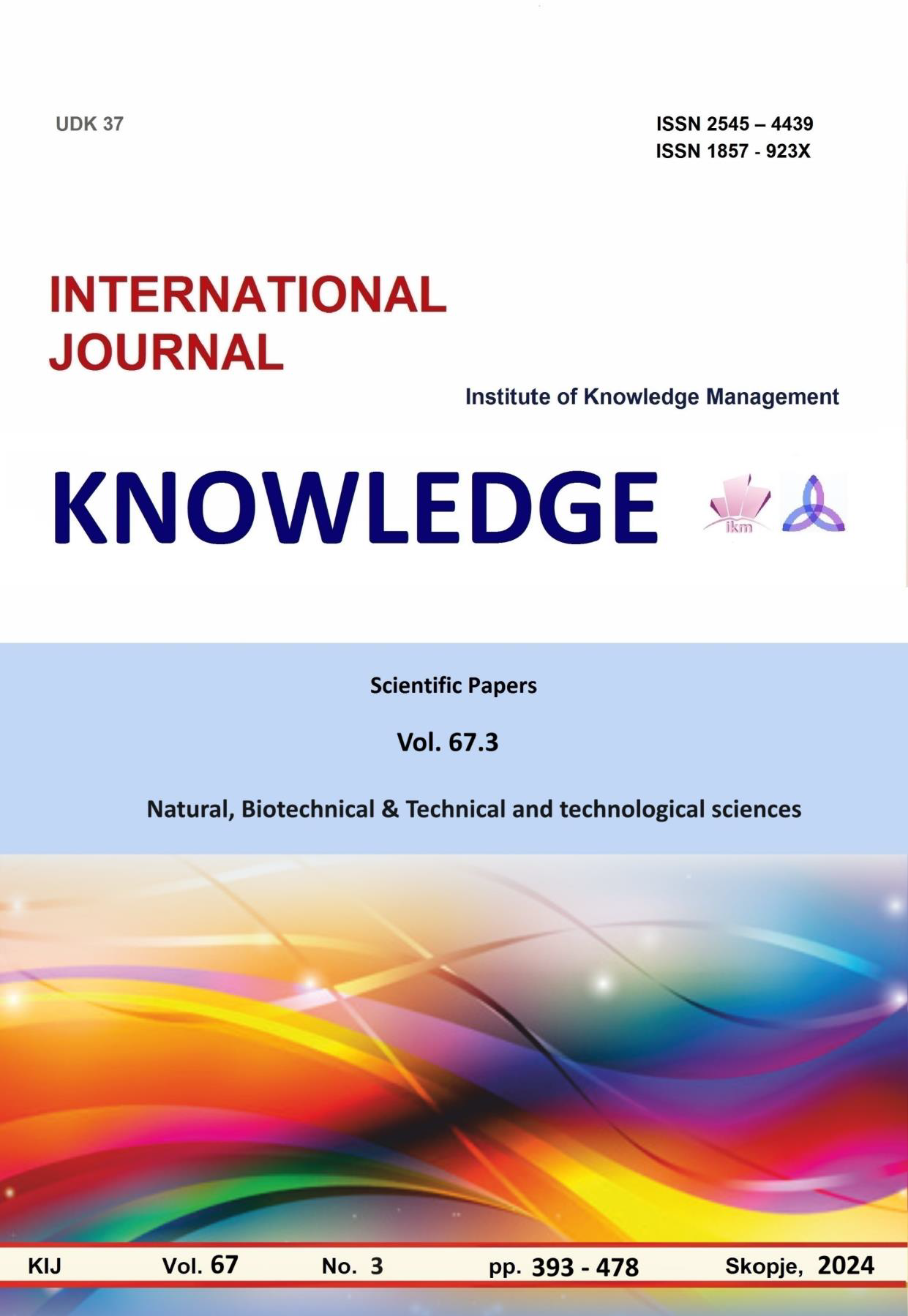ИЗКУСТВЕНИЯТ ИНТЕЛЕКТ В ПРОЦЕСА НА ИНТЕГРИРАНЕ НА НОВИ ТЕХНОЛОГИИ ВЪВ ВИСШЕТО ОБРАЗОВАНИЕ
ARTIFICIAL INTELLIGENCE IN THE PROCESS OF INTEGRATION OF NEW TECHNOLOGIES IN HIGHER EDUCATION
Author(s): Melina Neykova, Adelina IvanovaSubject(s): Social Sciences, Economy, Education, ICT Information and Communications Technologies
Published by: Scientific Institute of Management and Knowledge
Keywords: higher education;artificial intelligence (AI);information technologies (IT);digitalization;digital transformation
Summary/Abstract: Is it possible in the future the effective use of technologies based on artificial intelligence (AI) in higher education to enable the achievement of a more optimal learning strategy, which is adapted to the individual abilities and needs of students and the needs of the labor market? Asking this question, today we are witnessing how students are seeking out and using AI platforms for learning opportunities such as tutorials, online learning simulators with feedback, educational chatbots and more. Thus, the development of AI - technologies has a direct impact on educational processes, as a result of which a transformation of the process of integration of digitalization technologies in the educational sphere and the formation of an "intelligent" electronic educational environment is observed. This article considers artificial intelligence as a valuable tool that can perform a large number of different operations carried out in university activity, including helping to organize an effective educational process and building the necessary communications in the field of higher education and educational activities. The relevance of the research is due to the continuous spread of technologies based on artificial intelligence and the lack of sufficient practices for formative assessment in higher education. At the same time, the authors maintain the thesis that artificial intelligence is not able to replace "live" communication between a teacher and a student in the real educational process. The main objective of the presented paper is to outline the frameworks in which artificial intelligence technologies can be integrated in higher education, by identifying the advantages and disadvantages of AI in the educational process of the university. In this regard, a comparative analysis of the capabilities of AI and natural intelligence was carried out according to the following parameters: creative thinking and critical thinking, demonstrating ethics and morality, emotional communication, feedback, processing and analyzing big data, solving complex problems, personalized learning , interactivity, objectivity of assessment. The set tasks were solved using a method of scientific literature analysis, summarization of pedagogical experience and comparative analysis. The advantages and disadvantages of artificial and natural intelligence are summarized as results and valuable conclusions were obtained for the integration of AI-technologies in the system of higher education, by synergistically combining artificial and natural intelligence in an organized educational environment to be based on humanistic values, which reveal new perspectives, both for teachers and for the students.
Journal: Knowledge - International Journal
- Issue Year: 67/2024
- Issue No: 3
- Page Range: 471-477
- Page Count: 7
- Language: Bulgarian

